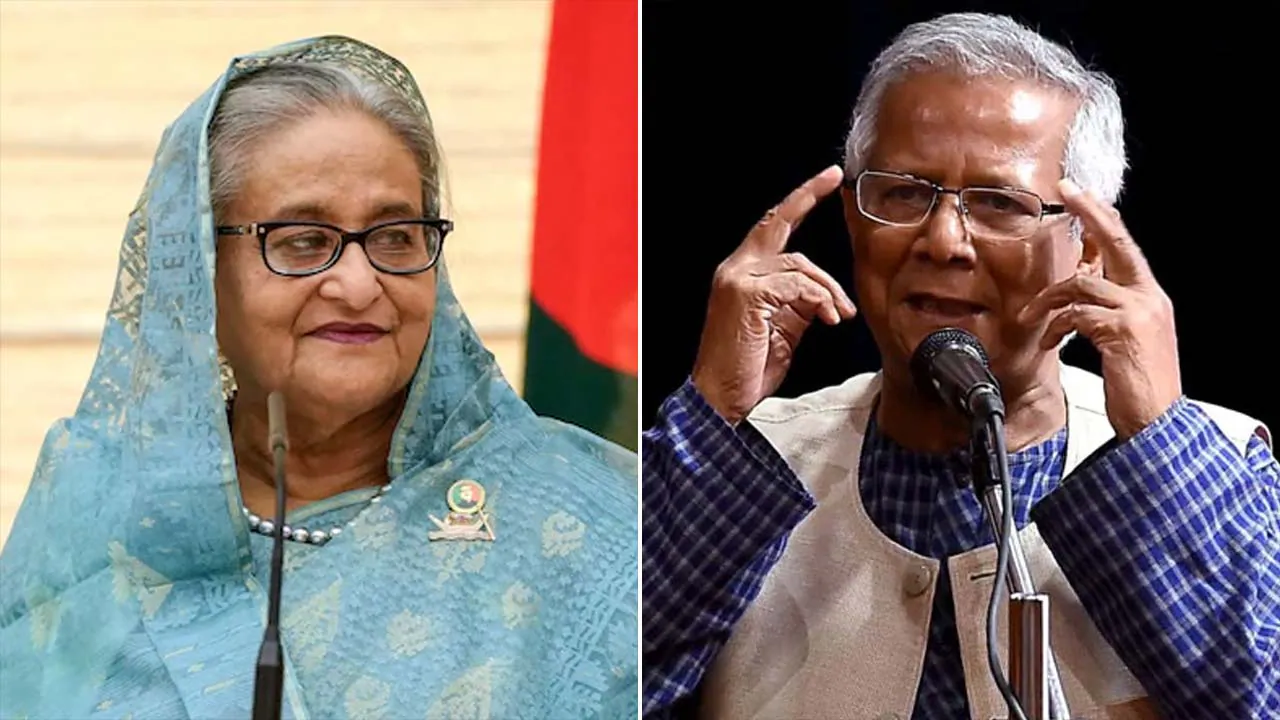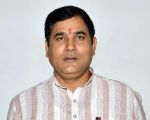Nava Thakuria
Guwahati: Taking a UN report describing the horrific picture of atrocities on agitating students and common Bangladeshi nationals by the then Awami League-led government in Dhaka on hands, the current interim government chief Professor Muhammad Yunus plans to punish the ousted lady premier Sheikh Hasina along with many of her loyal associates. The lone Nobel laureate of Bangladesh, Dr Yunus also made it public that during Prime Minister Hasina’s consecutive 15 years long tenure in Dhaka, she used some secret prisons used as torture cells to terrorize her opponents. Now Dr Yunus has accelerated the initiative to bring back Hasina for trials and thus indirectly put pressure on India, as Hasina continues to stay in an undisclosed location somewhere in Delhi for six months. The interim administration, which was formed following Hasina’s escape on 5 August 2024 to take an urgent refuge, had earlier urged New Delhi to hand over Hasina as she faces hundreds of criminal cases in home place. In a recent media interview, Yunus asserted that Hasina must be brought back to justice, otherwise, he asserted, the people of Bangladesh will not forgive the caretaker government.
It may be mentioned that the UN Human Rights office sent a probing team to Bangladesh following the request of the interim government chief Yunus in September to conduct an independent and impartial fact-finding inquiry into the alleged human rights violations and abuses during the deadly events that took place between 1 July and 15 August 2024.The team’s report, published in Geneva on 12 February 2025, indicated that Hasina government’s various machineries along with violent elements linked to Awami League systematically engaged in a range of serious human rights violations during the nationwide protests. The security and intelligence services of Bangladesh’s former government killed as many as 1,400 people – where 12-13 per cent were children – and arbitrarily arrested or detained more than 11,700 others during the student-led protests, stated the UN report, adding that Bangladesh Police recorded 44 of their officers were also killed in the mass uprising against the Hasina government.
The UN investigating team revealed that over 75 % of the victims died from gunfire and 60 % of them were shot with weapons meant for war. Senior official testimony indicated that Hasina herself directed the security forces to ‘kill protesters and hide their bodies’ to quell the agitation. The report also provided a number of recommendations to reform the security agencies and abolish a host of repressive laws as well as for implementing broader changes to the political system and economic governance in the Muslim majority nation with over 170 million populaces. A large number of Hindus, Ahmadiya Muslims and indigenous people from the Chittagong hill tracts also faced rights violations. Some 100 arrests in relation to attacks on distinct religious and indigenous groups were made, but many perpetrators of violence enjoyed impunity.
Meanwhile, sharing his first hand experience to visit Aynaghar (house of mirror/glass) in Dhaka recently, Yunus termed those houses as torture cells. In these notorious Aynaghars established in different parts of the country, political opponents were subjected to inhumane atrocities following the direction of Septuagenarian Hasina to suppress dissenting voices. Terming Aynaghars as horrific, Yunus lamented that unusual cruelty took place there where the victims were deprived of basic minimum rights. The Yunus administration sent a diplomatic note to New Delhi in December asking for Hasina’s extradition. Dhaka, after revoking passports of Hasina and over 90 others accusing their involvement in enforced disappearances and the last July-August killings, recently sent necessary documents to the Indian government pursuing her early repatriation under the prisoner exchange agreement between the two neighbouring countries. As New Delhi is yet to entertain the request, the Bangla government now thinks of seeking an international intervention if the process takes a very long period. Days back, the country’s International Crimes Tribunal also issued arrest warrants for Hasina and several others accusing genocide under their influences.
It was widely reported how Hasina used various government machineries to harass Yunus during her favourable time and probably it’s time for ‘due return’ as the widely acclaimed banker emerged as the interim government chief following an unprecedented socio-political turmoil in the poverty stricken populous country!





